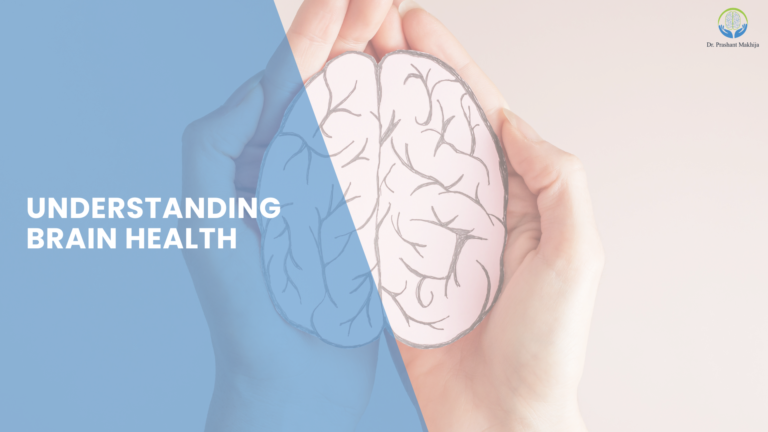“Your journey with neuropathy is one of resilience. Each challenge you overcome is a step toward greater strength and a life lived fully.”
Discover everything you need to know about neuropathy. Learn its causes, symptoms, diagnosis, and treatment options. Get advice on managing neuropathy pain and improving quality of life.
Neuropathy, a condition affecting the peripheral nerves, can lead to symptoms like pain, numbness, and tingling, typically in the hands and feet. As a neurologist, I encounter patients with neuropathy often, and each case has unique challenges and treatment paths. Understanding neuropathy’s causes, symptoms, and treatments can empower those affected to manage their condition with confidence.
What is Neuropathy?
Neuropathy refers to damage or dysfunction of one or more nerves, affecting the body’s sensory, motor, or autonomic functions. Peripheral neuropathy, the most common type, involves nerves outside the brain and spinal cord, often leading to discomfort in the extremities. Understanding the basics of neuropathy can help patients seek timely diagnosis and appropriate treatment.
Common Causes of Neuropathy
Neuropathy can result from various underlying causes, including:
- Diabetes: High blood sugar levels are a leading cause, leading to diabetic neuropathy.
- Infections: Viral infections like shingles can damage nerves.
- Autoimmune Disorders: Conditions like lupus and rheumatoid arthritis may attack the body’s own nerves.
- Vitamin Deficiencies: Lack of essential vitamins like B12 and E can impact nerve health.
Other causes include chronic alcoholism, exposure to toxins, and certain medications. Identifying the root cause is essential for effective treatment.
Recognizing the Symptoms of Neuropathy
Neuropathy symptoms vary depending on the affected nerves and severity. Some of the common signs to watch for include:
- Numbness and Tingling: Often starting in the hands or feet, this can progress to other areas.
- Sharp or Burning Pain: Many experience intense, stabbing pains, especially at night.
- Muscle Weakness: Nerve damage can lead to weakness and reduced coordination.
- Sensitivity to Touch: Even light touch can become painful for some.
Being aware of these symptoms can prompt early diagnosis, which is crucial for better outcomes.
Treatment Options for Neuropathy
While there is no one-size-fits-all treatment, neuropathy can often be managed with a combination of medications, lifestyle changes, and therapeutic interventions:
- Medications: Pain relievers, anti-seizure drugs, and antidepressants can help reduce symptoms.
- Physical Therapy: Targeted exercises can improve strength and mobility.
- Lifestyle Changes: Maintaining a balanced diet, controlling blood sugar, and avoiding alcohol are essential.
- Alternative Therapies: Techniques like acupuncture and meditation may provide relief for some patients.
A personalized approach, based on the cause and symptoms, can significantly improve quality of life.
Lifestyle Tips for Managing Neuropathy with Positivity
Living with neuropathy can be challenging, but adopting a positive mindset and supportive lifestyle can make a difference:
- Regular Exercise: Gentle exercises improve blood flow and nerve health.
- Healthy Diet: Focus on whole foods, rich in essential nutrients for nerve health.
- Mindfulness Practices: Meditation and breathing exercises help manage stress, often exacerbating symptoms.
- Support Systems: Joining a support group or staying connected with loved ones can boost morale and provide emotional relief.
By focusing on manageable, proactive changes, individuals with neuropathy can enhance their well-being and approach each day with renewed optimism.
Conclusion
Neuropathy may present challenges, but with the right approach, it is possible to manage symptoms effectively and lead a fulfilling life. As a neurologist, I encourage patients to stay informed, adopt positive lifestyle habits, and explore the best treatment options tailored to their unique needs. A supportive network and positive mindset can make a real difference, helping patients not just cope but thrive.




